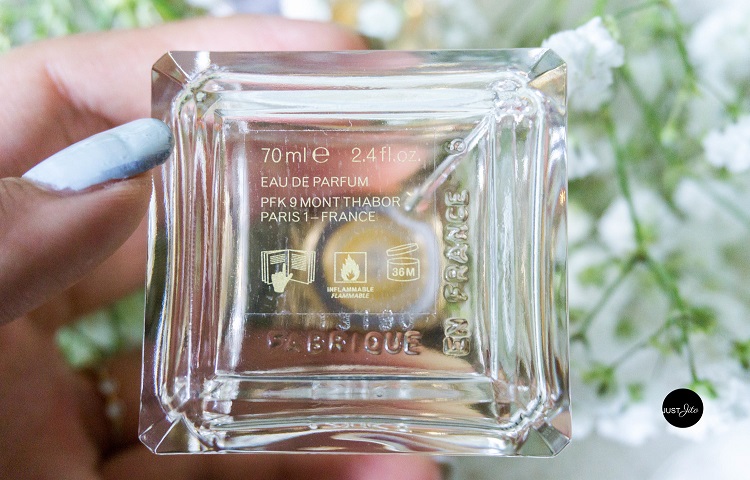
Does perfume have an expiration date? You might have always wondered about this question. How can we prevent perfume from expiring? These questions are answered in this article.
When buying perfume, it's important to pay attention to certain factors to find the best option based on your needs and budget. However, many people forget that everything requires attention and maintenance after purchase. To provide a brief answer to the question of whether perfume has an expiration date, the answer is "yes."
But it's important to note that perfume expiration is different from perishable items like food. In the remainder of this article, we will discuss perfume expiration, how to identify it, and methods to prevent or delay it.
All perfumes, including Bayrock perfumes, are composed of various natural and synthetic compounds and alcoholic substances, each with its own unique chemical structure. These chemical compounds can undergo changes under certain conditions, eventually leading to the deterioration of your perfume. The most significant factor in perfume deterioration is the oxidation process.
However, the oxidation of perfume is different from that of other substances and occurs over a long period. Contrary to popular belief, the deterioration of perfumes usually doesn't reduce the fragrance's spread or the perfume's longevity. Instead, it may cause the scent to become sour, metallic, rotten, acidic, or even plastic-like.
Perfumes with more natural ingredients, such as Bayrock perfumes, are generally more expensive and have a higher risk of spoilage due to the diverse chemical compounds they contain. Additionally, the composition and structure of the perfume play a significant role in its expiration.
Typically, perfumes with a heavier structure, more base-oriented compositions, or strong and stable structures created by the perfumer are more chemically durable and less prone to breakdown. On the other hand, lighter perfumes with lower evaporation rates are more vulnerable to oxidation factors.
Contrary to the belief that alcohol has no place in cosmetics and health products, it actually plays an important role in preserving perfumes. Since the majority of perfumes on the market are approximately ninety percent alcohol, they tend to last a long time.

After the initial spray of perfume, oxygen enters the bottle, initiating the oxidation process. The more you consume, the more air enters the bottle as it empties. Therefore, it's not advisable to keep only two or three milliliters of your favorite perfume in a bottle. The oxidation process, like other chemical processes, can be accelerated by factors such as light, heat, and humidity, leading to perfume deterioration.
As a general rule, perfume packaging usually indicates the expiration date. Some companies may use specific formats to display the expiration date, which indicates the month or year of expiration. However, this number may not be accurate, and by following certain guidelines, you can use your perfume for a longer time.
Some companies provide an expiration date for two reasons. First, to ensure the perfume's health, they choose a conservative and reasonable timeframe. Second, to encourage faster consumption and repurchase. In general, the exact expiration date of a perfume cannot be determined, but well-maintained perfumes can remain viable for up to ten years.
To prolong the life of your perfume, keep it away from light. Although you may be tempted to display your perfumes where sunlight enhances their appearance, it's the worst place for them. Direct sunlight and UV rays can quickly degrade your perfume, breaking down its molecules and destabilizing its structure.
Maintain a constant environment for your perfumes. Temperature fluctuations can significantly damage the perfume's structure, as with many other chemicals. While many believe that storing perfumes at cold temperatures is ideal, it's not correct. Avoid placing your perfumes in the refrigerator or near cooling and heating appliances.
Humidity can also impact perfume deterioration, so avoid storing your perfume in areas with high humidity, such as the bathroom. It's better to store perfumes in their original packaging or in a closet or drawer.
When it comes to perfumes, pay attention to two factors. A change in the color of the perfume liquid may indicate its deterioration, even if you don't notice a difference in the scent. The second factor is changes in the perfume's fragrance, which typically occur in the opening notes and initial scent. If the perfume's scent hasn't changed but its color has, it's better to refrain from using it, as the new chemicals created in the perfume may cause allergies. Additionally, discolored substances may stain your clothes and damage their texture.
By following a few simple tips, you can use your perfume for several years without worrying about deterioration.